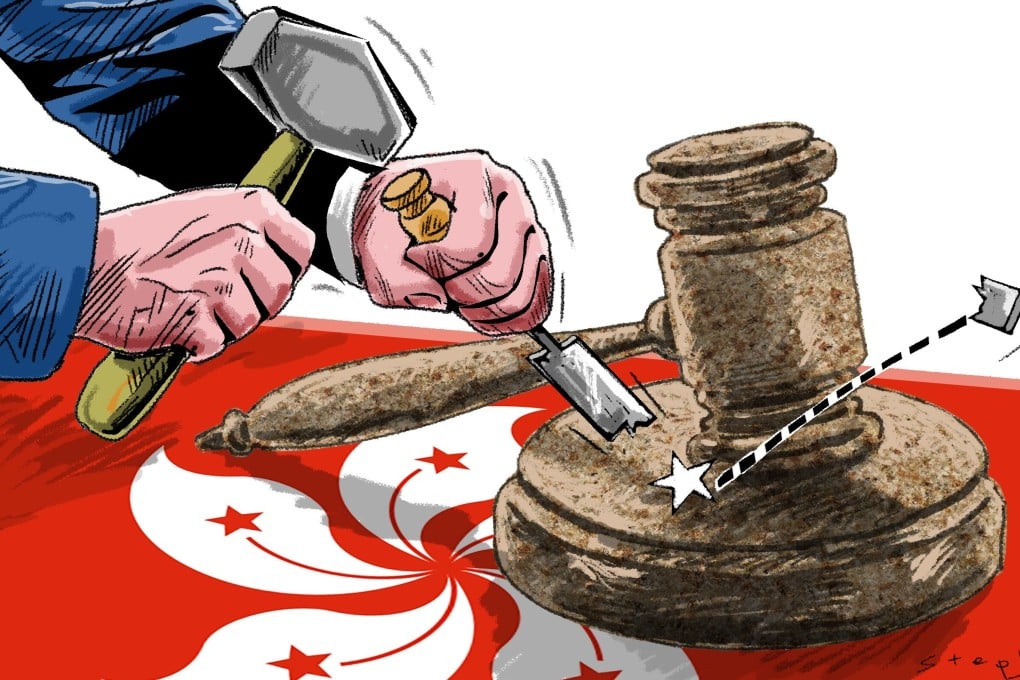Advertisement
Opinion | National security law: attacks on Hong Kong courts ignore strong rule of law
- Attacks over the new security law are starting to target Hong Kong’s legal industry, challenging Hong Kong’s place as a seat of international arbitration
- Singapore’s example shows a strict legal code to uphold national security and robust courts that respect the rule of law are not mutually exclusive
Reading Time:4 minutes
Why you can trust SCMP
4

A recent article in the Financial Times, titled “Companies consider writing Hong Kong out of legal contracts” has caused a stir in the Hong Kong legal industry.
The article quoted senior lawyers from 10 large law firms in Hong Kong, Tokyo and Singapore, stating that companies from the United States and Japan were concerned mainland Chinese policies would jeopardise Hong Kong’s rule of law. Thus, they considered switching their choice for seat of arbitration from Hong Kong to Singapore in their arbitration clauses.
However, there is no clear evidence in the article that foreign companies amended their contracts over such concerns. It was merely a rise in consultations from clients in this regard.
Advertisement
It is not uncommon for the media to belittle Hong Kong since the social unrest of 2019 and the implementation of the national security law in 2020. An American Chamber of Commerce survey in June 2020 said around 30 to 40 per cent of American businesses and expats would leave the city.
But what is the current status? In January, new AmCham chairwoman Jessica Bartlett said the organisation had not seen large capital withdrawals after the national security law took effect and investors still had confidence in the Hong Kong market.

05:50
What you should know about China's new national security law for Hong Kong
What you should know about China's new national security law for Hong Kong
These attacks are starting to target Hong Kong’s legal industry, challenging Hong Kong’s place as a seat of international arbitration. Let us examine the validity of the arguments raised.
Advertisement
Select Voice
Select Speed
1.00x
